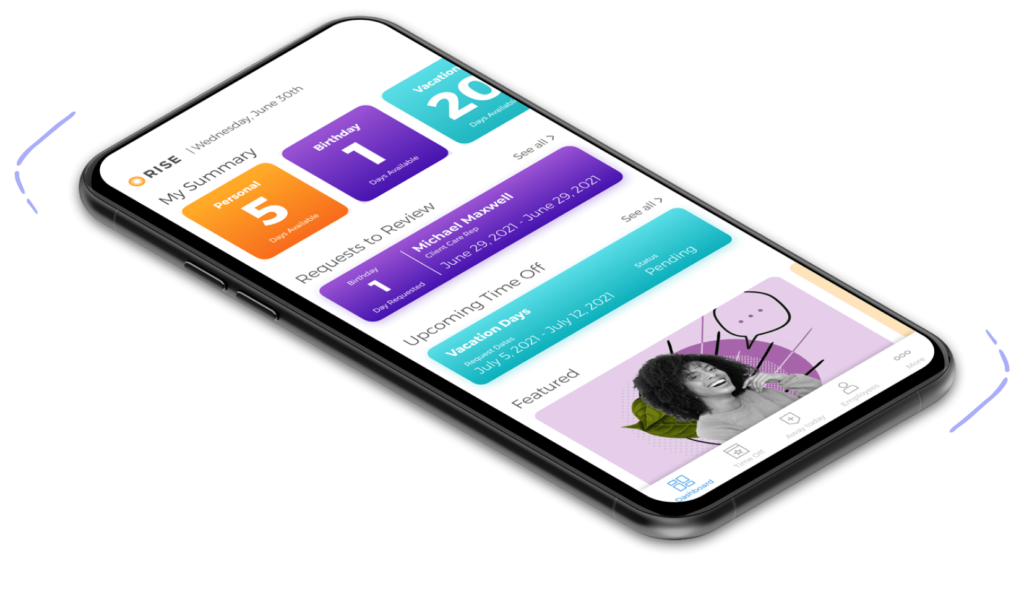Mobile Apps: The Power of Pocket-Sized Technology
Mobile applications, or apps, have become an integral part of our daily lives. From checking emails to ordering food, mobile apps offer a convenient and efficient way to access information and services on the go. But what exactly is a mobile application, and how does it work?

Defining a Mobile Application
A mobile application is a software program designed specifically for smartphones and tablets. It runs on mobile operating systems like Android, iOS, or Windows Phone and provides users with various functionalities and services. Unlike desktop applications, mobile apps are typically downloaded from app stores, such as the Google Play Store or the Apple App Store. You can call app developers uae for your mobile app.
Types of Mobile Applications
Mobile applications can be categorize into various types base on their functions and target users:
- Native Apps: These are develop specifically for a particular platform (e.g., Android or iOS) and offer the best performance and user experience. They are typically download from the respective app stores.
- Web Apps: These are web applications that are optimize for mobile devices. They are access through a web browser and don’t require installation.
- Hybrid Apps: These combine elements of native and web apps, offering a balance between performance and development efficiency. They are build using frameworks like React Native or Flutter.
How Mobile Apps Work
Mobile applications interact with the device’s hardware and operating system to perform their functions. However, app development companies in uae use the device’s processor, memory, and storage to execute instructions and process data. In fact, the app’s code, written in a programming language, determines its functionality and behavior.
When you launch a mobile applications , it loads its code into the device’s memory and establishes communication with the operating system. Besides, the operating system provides the app with resources and handles tasks like input/output operations and memory management.
The Impact of Mobile Apps
Mobile apps have had a profound impact on our society. Hence, they have transformed the way we communicate, work, learn, and entertain ourselves. In fact, some key benefits of mobile applications include:
- Increased convenience: Mobile apps offer a convenient way to access information and services on the go, without the need for a desktop computer.
- Personalization: Mobile apps can be customize to meet individual needs and preferences, providing a personalize user experience.
- Enhanced engagement: Mobile apps can foster engagement with businesses and brands through features like push notifications and in-app messaging.
- Economic growth: The development and use of mobile apps have created new industries and jobs, contributing to economic growth.
The Future of Mobile Apps
As technology continues to advance, we can expect to see even more innovative and powerful mobile applications emerge. Some trends to watch include:
- Artificial intelligence (AI): AI-powered features like voice assistants and chatbots are becoming increasingly common in mobile applications .
- Augmented reality (AR) and virtual reality (VR): AR and VR technologies are opening up new possibilities for immersive experiences in mobile applications .
- Internet of Things (IoT): Mobile applications can be used to control and monitor IoT devices, such as smart homes and wearables.
In conclusion, mobile apps have become an indispensable part of our modern lives. An app development uae offer a convenient, personalized, and engaging way to access information and services on the go. As technology continues to evolve, we can expect to see even more innovative and powerful mobile apps emerge in the future.